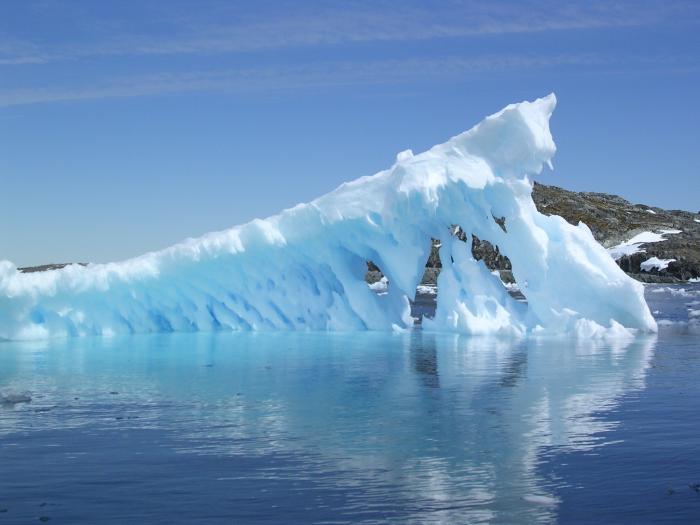 Figure 1: A melting iceberg (source) in Antarctica.
Figure 1: A melting iceberg (source) in Antarctica.Effects of melting ice in Antarctica on humans:
The main cost to humans will be from eustatic sea level rise. Andrea Thompson and Climate Central published an article on Scientific American which states that if all of Antarctica's ice melted, sea levels would rise by over 200 feet. This may take thousands of years but melting of the ice has accelerated in the last 50 years due to global warming. For low lying nations such as Tuvalu where the highest point is just 16 feet or 5m above sea level, any rise in sea level is a cause for concern. It is estimated that in 30 to 50 years the people of Tuvalu will have to emigrate to countries such as New Zealand as climate change refugees. 2000 people have already moved to New Zealand to escape the inevitable sea level rise.
One particular glacier in the Amundsen embayment lost 18 percent of its thickness over the 18 years of the study. This contributes to sea level rise.
 Figure 2: This map from Paolo, et al. in Science (source) shows the red as a loss of 5% to western Antarctica while the blue is an increase of 5% ice in eastern Antarctica. The black line on the graph at the bottom shows an overall decrease of volume, clearly illustrating that the ice of Antarctica is, on the whole, melting. This all raises sea levels further, impacting human livelihoods. The article from Science agrees with the NASA article that the East Antarctic is stable and even growing in some places while most of West Antarctica is melting.
Figure 2: This map from Paolo, et al. in Science (source) shows the red as a loss of 5% to western Antarctica while the blue is an increase of 5% ice in eastern Antarctica. The black line on the graph at the bottom shows an overall decrease of volume, clearly illustrating that the ice of Antarctica is, on the whole, melting. This all raises sea levels further, impacting human livelihoods. The article from Science agrees with the NASA article that the East Antarctic is stable and even growing in some places while most of West Antarctica is melting.People living in poorer, less developed countries are at risk due to a low capacity to cope. The Ganges delta in Bangladesh floods regularly in the monsoon season and as the country has a high population density and low HDI (Human Development Index), little is done to prevent flooding, whether it be building defences or educating people to deal with flooding. Sea level rise from the melting of Antarctica could enhance flooding in the monsoon season, causing loss of human life in many cases. I feel and many scientists will agree that for developing nations flooding is a constant hazard and is a problem that must be resolved if the nations are to develop sustainably.
Another concern is that the scientific stations in Antarctica could become closer to the shore due to melting ice. New scientific stations must be built further inland to counter this.
The next posts will discuss the impacts humans are having on the Antarctic continent and solutions to the growing problem.
No comments:
Post a Comment